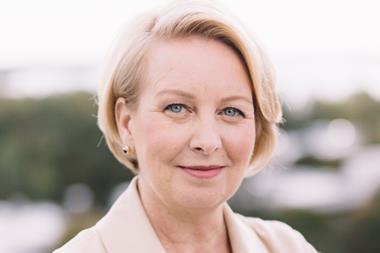The head of Denmark’s ATP has argued that its DKK676.9bn (€91bn) statutory pension scheme has to remain a guaranteed one – and rejected the idea its investment strategy needs overhauling after deep losses the pension fund suffered in 2022.
Martin Præstegaard, ATP’s chief executive officer, said in a newspaper column published yesterday: “Should ATP’s investment strategy be fundamentally changed to ensure that we do not get a repeat of the result in 2022 in the future? No, we don’t think so.”
He acknowledged, in the opinion piece in Danish financial daily Børsen, that criticism of ATP had been “massive” for several months after a 2022 that showed unusually large losses.
In a separate interview in the paper, the CEO said: “Fundamentally, 2022 was what we would call a black swan year with some movements in the financial markets which have been extremely large, and compared to many, many years before that, it was an exceptionally difficult year which resulted in large losses for us and similar investors.”
Præstegaard was promoted to the top job last summer and is due to present the pension fund’s annual results for the first time on 9 February – figures that are likely to show an even wider loss on the investment portfolio than the 45.2% reported at the nine-month stage.
ATP was part of the basic provision in the Danish pension system, he said in the column.
“Therefore, the payment from us must never fail,” he said.
As stated in the ATP Act, he said, since ATP’s lifelong pension constituted, together with public pensions, the weight-bearing pillar of the Danish pension system, it had to pay out a lifelong guaranteed pension.
However, ATP did need to future-proof its business model, because its role in the welfare system meant its payments would continue being important for many Danes’ finances for at least 50 years into the future, he continued.
Future-proofing was necessary to obtain an attractive return and so maximise higher pensions in the long term, while sticking to “delivering predictable, lifelong and guaranteed pensions,” he said.
It was this, Præstegaard noted, that had been the background the latest adaptation of the ATP Act in 2021, and the resulting changes at the pension fund were in the process of coming into effect.
Jesper Rangvid, professor of finance at CBS – one critic of ATP’s business model — has said he is in favour of setting up a special ATP commission to investigate issues under debate.
To read the digital edition of IPE’s latest magazine click here






















